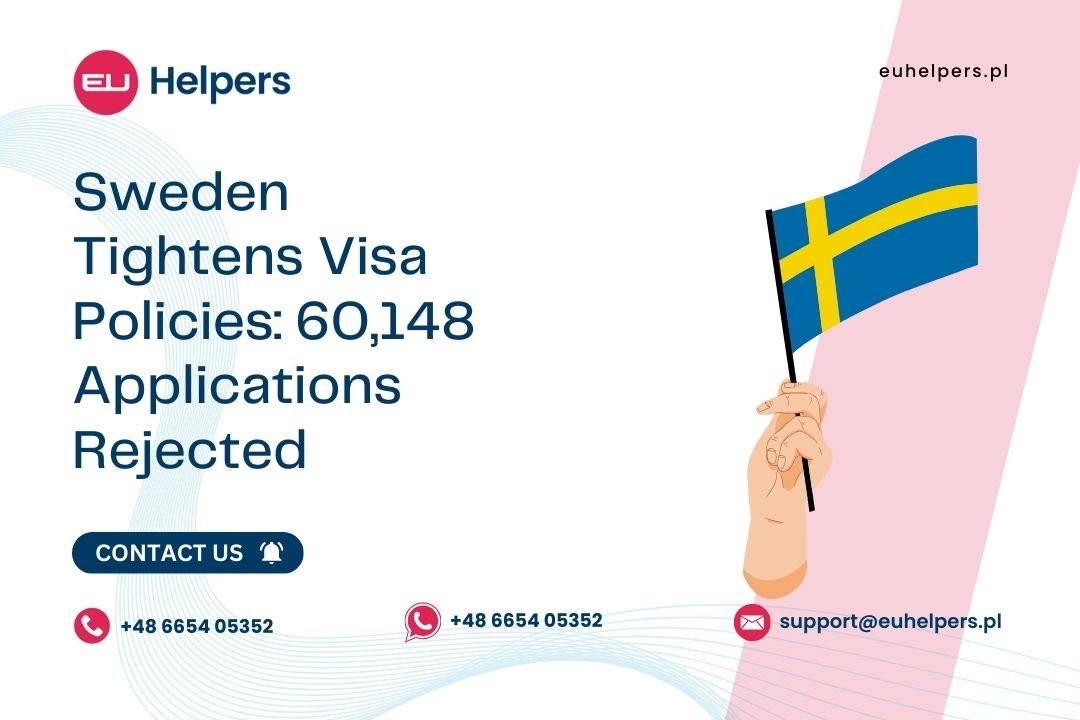Sweden solidified its position as one of the stricter European nations when it comes to issuing visas. Of the total applications submitted, around 60,148 were denied, representing a significant 23.1 per cent rejection rate. This places Sweden fourth among the countries with the highest visa rejection rates in Europe, reflecting an increasingly stringent approach to visa approvals.
A closer look at the data reveals that certain nationalities face even tougher scrutiny. Iranian applicants, in particular, experienced the highest rejection rates, with 4,153 of their visa requests being denied. This translates to a staggering 76.65 per cent rejection rate for Iranian nationals. Following closely behind are applicants from Pakistan and Lebanon, with rejection rates of 69.49 per cent and 66.21 per cent, respectively.
These figures highlight the growing challenge of securing a visa to Sweden for citizens of these countries, signaling a more cautious stance in Sweden’s immigration and border control policies. The country's stringent criteria reflect broader concerns related to immigration, security, and the regulation of international movement.
While the overall rejection rate for 2023 may seem high, Sweden’s rigorous screening process is in line with efforts seen across Europe to better manage visa requests and ensure compliance with visa regulations. Applicants from countries with historically higher rejection rates may face further challenges in securing entry, requiring a more thorough preparation and adherence to Sweden’s visa application guidelines.

